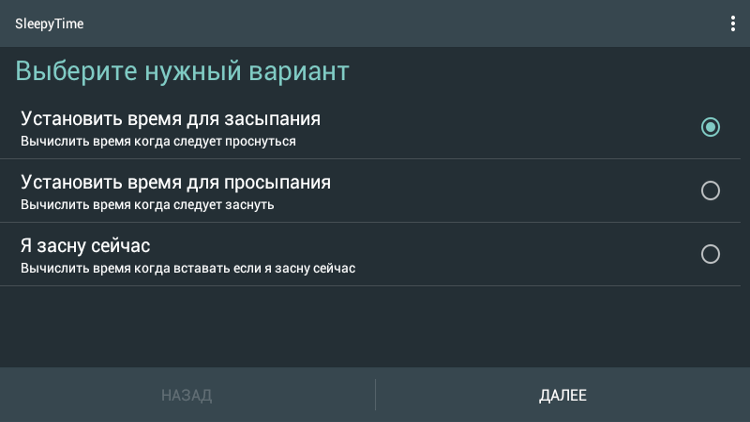

The active ingredients in teas can also interact with some medications.īefore taking a tea to relieve constipation, ask a doctor or pharmacist whether the ingredients will interact with any current medications. Some laxative ingredients in teas, such as senna, can cause side effects and increase the risk of additional issues, including diarrhea. Also, some teas include other untested ingredients. In the United States, the country’s Food and Drug Administration (FDA) do not regulate herbal products, such as laxative teas.īecause of this, the potency of ingredients may vary from product to product. Some OTC laxative medications are available in doses for younger people. Only adults should consume laxative teas or herbs because they can cause different results in children.Īsk a doctor about the best ways to treat constipation in children.


Though many people find herbal teas to be gentle and relaxing, there are some factors to consider. Traditionally, people have chewed the leaves or stems to address issues such as bad breath and flatulence. Parsley is a common herb that may help with digestive disorders.Ī tea that includes the leaves or seeds of the plant may help to relieve mild constipation. ChamomileĬhamomile is a familiar fragrant herb used in teas for its soothing effects on the body.ĭrinking a cup of chamomile tea after meals or toward the end of the day may help to calm the muscles in the intestines and speed up the time between a meal and a bowel movement. It may be best to drink a cup of this tea toward the end of the day. Marshmallow root may have a similar soothing effect as licorice, and its laxative properties make it a common ingredient in medicinal teas. Licorice root has an anti-inflammatory effect, and it may aid digestion.Īfter a meal has settled, drinking a cup of licorice root tea may soothe the digestive system and encourage a bowel movement. Tea made from licorice root is a popular tonic for digestive issues. People often drink these beverages in the morning to wake themselves up and encourage a bowel movement.Ĭaffeine can have negative side effects in people who are sensitive to it, however. Stimulating teas and coffee also have a laxative effect.īlack tea, green tea, and coffee naturally contain caffeine, a stimulant that speeds up bowel movements in many people. Share on Pinterest Drinking caffeinated teas can speed up bowel movements. To ease the digestive process, try drinking a cup of dandelion tea after meals. This can help to relieve mild constipation. Dandelionĭandelion tea may help with mild digestive symptoms, such as bloating or occasional constipation.ĭandelion can stimulate the liver to produce bile, which can indirectly help with constipation.ĭandelion tea can also act as a diuretic in the body, adding more water to the digestive system and the stools. Drinking 1 or 2 cups each day, after meals, may help the body to process food and produce bowel movements. Ginger tea can help with digestion after a heavy meal. Many people use ginger tea to calm irritation in the digestive system and improve digestion. When constipation stems from poor digestion, ginger root may help. The soothing effect of the menthol in peppermint may help to relax an upset stomach while moving stool through the intestines.ĭrinking a cup of peppermint tea after each meal may benefit people who experience constipation and an upset stomach. Peppermint tea is a popular natural remedy for digestive issues, and many OTC medicines for digestive issues contain peppermint extract. These pills can be highly effective in relieving constipation. Many over-the-counter (OTC) laxative pills contain higher concentrations of senna than the teas. The senna plant contains compounds called glycosides that stimulate the digestive system. Senna tea is made from the dried leaves and pods of the Senna alexandrina shrub. Senna is among the most well-known and frequently used laxative ingredients in teas. The following teas may have laxative or muscle-relaxing effects that help to relieve constipation and encourage bowel movements.


 0 kommentar(er)
0 kommentar(er)
